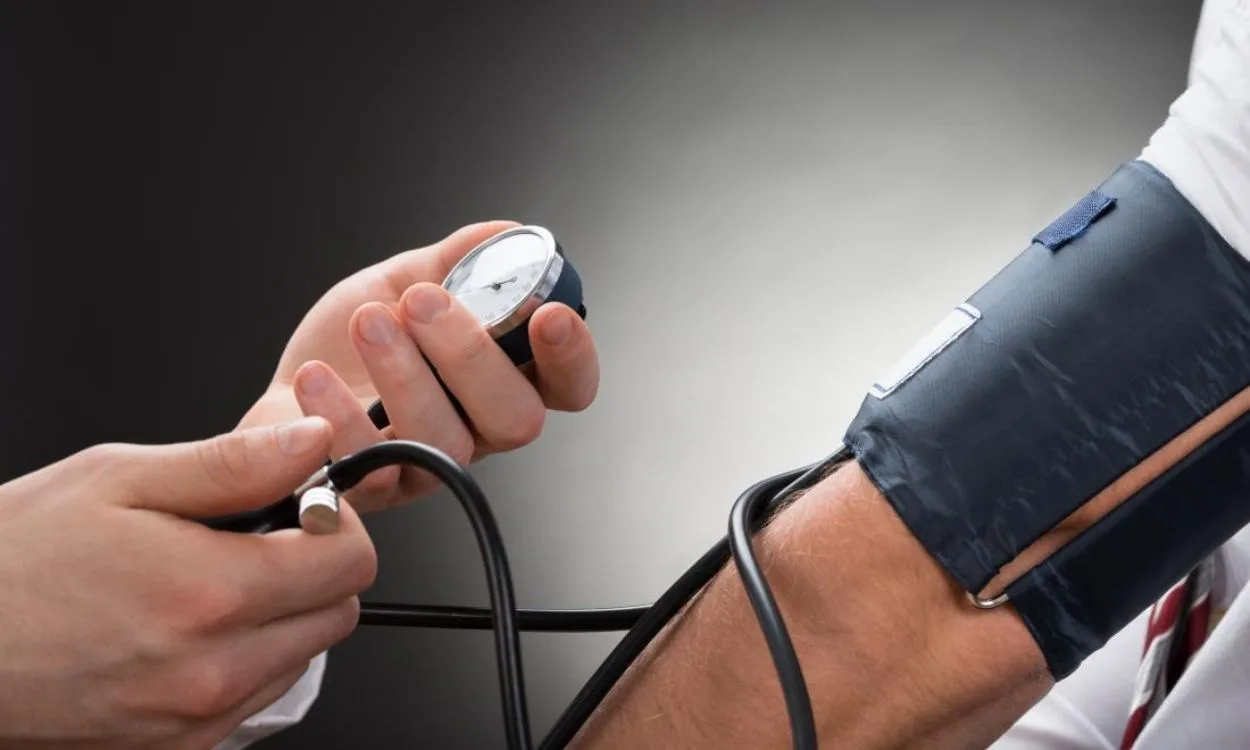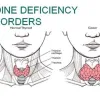The Role of the Sympathetic Nervous System in Regulating Blood Pressure
The sympathetic nervous system plays a crucial role in regulating blood pressure in the human body. It is part of the autonomic nervous system, which controls the automatic, involuntary functions of the body. In this article, we will explore the functions and mechanisms of the sympathetic nervous system and its impact on blood pressure regulation.
Understanding the Sympathetic Nervous System
The sympathetic nervous system is responsible for the body’s “fight-or-flight” response, which is activated in times of stress or danger. It coordinates various physiological responses to prepare the body for action, including increasing heart rate, constricting blood vessels, and raising blood pressure.
Neural Pathways and Regulation of Blood Pressure
The sympathetic nervous system exerts its influence on blood pressure through a complex network of neural pathways. Key components of this system include the sympathetic ganglia, sympathetic neurons, and neurotransmitters such as norepinephrine.
When a stressor is perceived by the body, the hypothalamus sends signals to the sympathetic ganglia, which are located along the spinal cord. These ganglia then activate the sympathetic neurons, which release norepinephrine into the bloodstream.
Norepinephrine acts on various target tissues, including blood vessels and the heart. It binds to adrenergic receptors on smooth muscle cells in blood vessels, causing constriction and increasing resistance to blood flow. This constriction, known as vasoconstriction, leads to an elevation in blood pressure.
Additionally, norepinephrine stimulates the heart to beat faster and with more force, increasing cardiac output. This increased pumping action results in a higher volume of blood being circulated throughout the body, further contributing to elevated blood pressure.
Baroreceptor Reflex and Sympathetic Modulation
The body maintains blood pressure within a narrow range through a feedback mechanism called the baroreceptor reflex. Baroreceptors, specialized nerve endings located in certain blood vessels, detect changes in blood pressure.
When blood pressure rises above the normal range, the baroreceptors send signals to the brain, specifically the medulla oblongata, which regulates the autonomic nervous system. In response, the medulla decreases sympathetic activity and increases parasympathetic (rest-and-digest) activity.
This adjustment in sympathetic and parasympathetic tone leads to vasodilation, or the widening of blood vessels, and a reduction in heart rate. These changes help to bring blood pressure back to normal levels. Conversely, when blood pressure falls below the normal range, sympathetic activity is increased, leading to vasoconstriction and an increase in heart rate.
Impact of Chronic Sympathetic Activation
While the sympathetic nervous system’s role in acute stress response is vital, chronic sympathetic activation can have negative effects on blood pressure and overall health. Prolonged sympathetic stimulation can lead to sustained vasoconstriction and increased systemic vascular resistance, which can contribute to hypertension (high blood pressure).
In addition, chronic sympathetic activation may lead to other cardiovascular abnormalities, such as increased heart rate, cardiac remodeling, and impaired baroreceptor reflex function. These changes can further exacerbate hypertension and increase the risk of cardiovascular diseases.
Fitpaa: Your Partner in Achieving Optimal Health
Understanding the role of the sympathetic nervous system in regulating blood pressure is crucial for maintaining good cardiovascular health. If you are concerned about your blood pressure or overall well-being, Fitpaa is here to support you on your health and fitness journey.
Fitpaa offers a comprehensive, AI-driven Metabolism monitoring and management technology that can help you achieve your health and fitness goals. Our personalized Fitpaa Capsule combines medical therapy, medical exercise therapy, medical nutrition therapy, and cognitive behavior therapy to optimize your metabolism and support your overall well-being.
With the Fitpaa app, you can easily track your progress, access virtual workout trainers, and follow a personalized diet plan. Our team of fitness coaches, nutritionists, and doctors will provide unlimited consultations and regular reviews to ensure you stay on track.
Don’t let hypertension or other health concerns hold you back. Download the Fitpaa app today and experience the joy of achieving optimal health. Your well-being is our mission, and we promise to work tirelessly with you until you achieve your health and fitness goals.
Remember, nothing is impossible with Fitpaa by your side!









